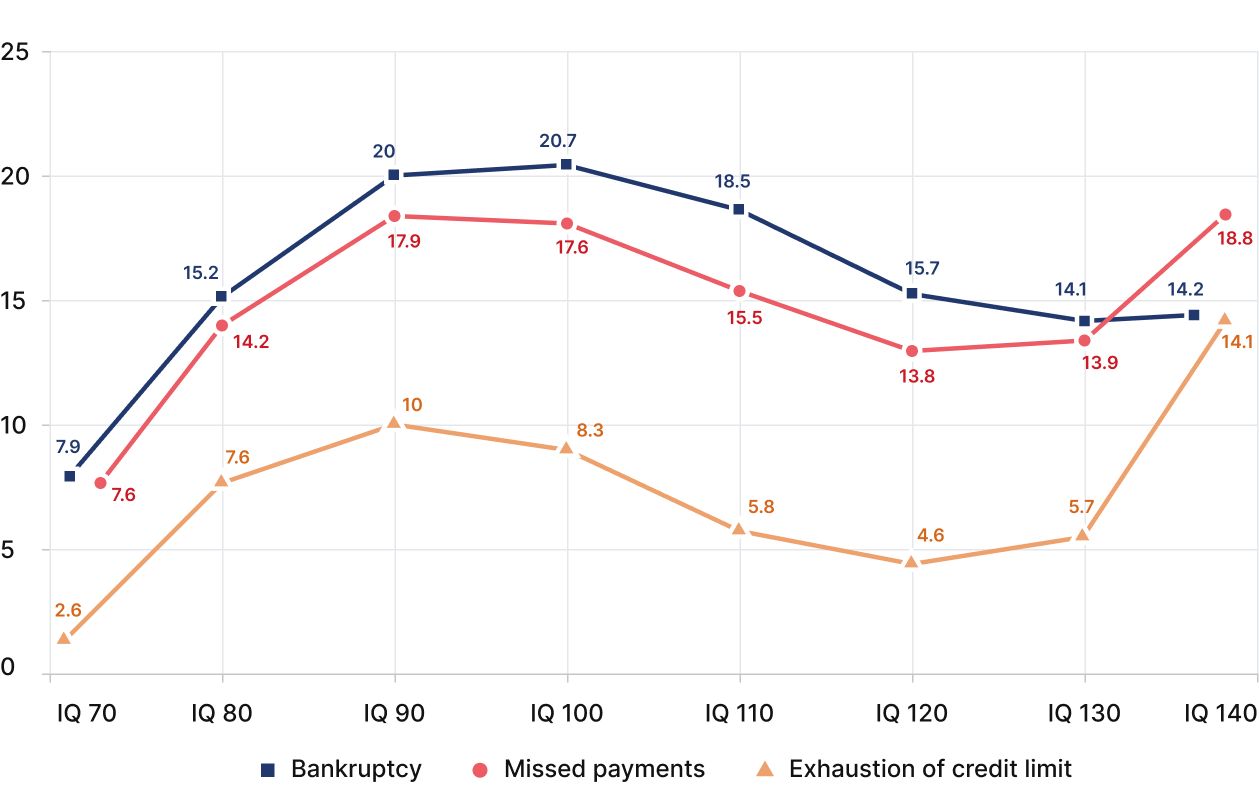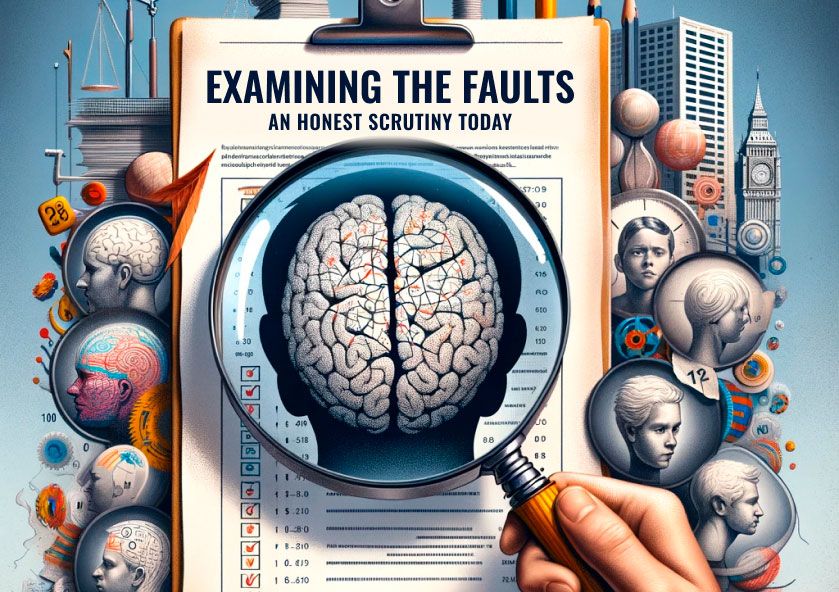The connection between IQ level and success
In the common view, success in life ties to a person's intellectual capacity, to some extent. This idea finds backing in studies[1] on the connection between IQ scores and earnings, career achievements, and their knack for dodging blunders, especially with money matters.
Back in '21, a Stanford psychologist, Lewis Terman, kicked off this line of research. Odd thing is, he wasn't out to prove this link; he aimed to knock down the then-popular belief that high-IQ kids ended up less equipped for life, more on the fragile side.
Terman tested and picked out 1,500 kids with IQs north of 150, some even topping 170. Turned out, he could debunk the myth about these high-flyers' life-readiness: most hit the college finish line, and plenty earned well above the average paycheck of those times.
But, against Terman's original hunch that a sky-high IQ equaled genius, most of his subjects landed ordinary jobs, none making a splash as extraordinary people. Not one snagged a Nobel Prize. Notably, a couple of rejects from Terman's group did bag Nobels.
Terman concluded there's a link between IQ and success, but it's a weak one. What really pushes the needle on success is grit and self-belief, especially if these show up early on.
Critics of Terman's work point out its weak spots, like his subjects mostly coming from well-off families, which likely tipped the scales in favor of their success. Plus, Terman himself meddled in their fates, like penning letters of recommendation, which could've skewed their success rates.
Yet, further studies back the existence of this correlation. For instance, Jay Zagorsky found[2] that people with high IQs (130) earned about 20-55% above the national average. Still, Zagorsky stressed the nuanced relationship between IQ and success: many with average or low IQs pulled in similar paychecks.
Moreover, financial savvy doesn't strictly follow IQ levels. Zagorsky's studies showed how money troubles spread across various IQ levels.
Distribution of Financial Problems Among People Based on Their IQ Level, %

Note: Developed based on [3].
His findings reveal that overstepping credit limits is most common among the 140 IQ people, less so for the 70 IQ group. Late payments are more frequent with average IQs (90-100), particularly with the 140s, and least common among the 70 IQ people. Bankruptcy follows a similar pattern, less likely for the 70 IQ group, more so for those with average IQs (90-110).
Zagorsky's conclusions got backup from other research. For instance, L. Borghans, B. H. H. Golstein, J. J. Heckman, and J. E. Humphries found that a person's income is only 1-2% dependent on their IQ. Other factors, though linked to IQ, play a bigger role: ambition, diligence, self-discipline, and the like.
In summary, IQ does impact life success, as shown time and again by research. Yet, its effect on success is fairly weak and not always positive. Moreover, the logical-mathematical intelligence that IQ tests measure is just one aspect of intelligence. Other aspects, even taken singly, let alone together, are no less crucial.
References:
- Cherry, K. Are High IQ People More Successful? / K. Cherry // Verywellmind [Electronic resource]. – Mode of access: https://www.verywellmind.com/are-people-with-high-iqs-more-successful-2795280. – Date of access: 08.02.2024.
- Zagorsky, J. L. Do you have to be smart to be rich? The impact of IQ on wealth, income and financial distress / J. L. Zagorsky // Intelligence. – 2007. – № 35. – P. 489-501.
- Borghans, L. What grades and achievement tests measure / L. Borghans, B. H. H. Golstein, J. J. Heckman, J. E. Humphries // PNAS [Electronic resource]. – Mode of access: https://www.pnas.org/doi/full/10.1073/pnas.1601135113. – Date of access: 08.02.2024.






















